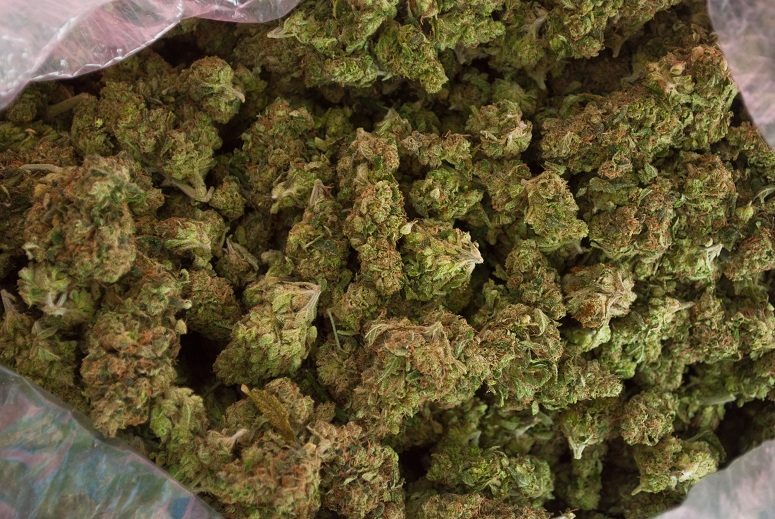Oregon Struggles with Massive Marijuana Surplus
According to expert estimates, Oregon warehouses are currently holding about one million pounds of unsold marijuana, a surplus that has accumulated from the 2018 harvests. Analysts report that, in total, approximately 1.3 million pounds (about 650 metric tons) of marijuana are stored across the state. To put this in perspective, the leftover marijuana could be used to roll about one billion joints, each containing roughly half a gram of premium buds.
This news isn’t particularly surprising, given Oregon’s reputation as a national leader in expanding the marijuana industry. Although the state only legalized marijuana at the end of 2014 and opened its first plantations and stores by early 2016, Oregon’s favorable climate allows it to produce several hundred pounds of high-quality recreational and medical marijuana each season. Experts estimate that, out of the millions of buds produced, the state itself consumes only about 375,000 pounds of marijuana per year. More specifically, excluding tourists, local residents consume at most 166,000 pounds annually, including both medical and recreational use.
Experts also note that about a third of the legally produced marijuana in Oregon ends up in the hands of black market dealers, who resell the high-quality product in neighboring regions where strict criminalization laws are still in effect.
Authorities Seek Solutions to Overproduction
Local authorities, led by District Attorney Billy Williams, first drew public attention to the surplus of legal marijuana in February of last year. Despite efforts to combat illegal sales and restrict certain forms of marijuana production, the area under marijuana cultivation in the state continues to grow. Even with measures taken over the past year, the state government has not been able to significantly reduce overproduction, resulting in this massive stockpile of buds.
Realizing that punitive measures alone won’t solve the surplus problem, policymakers are now considering alternative strategies. Some politicians are proposing that the state legislature consider amendments that would allow commercial growers to legally export their excess marijuana to neighboring markets in California and Washington, which occasionally face shortages of legal marijuana. If such a bill is introduced and passed, Oregon would become the first legalized state in the country to lawfully sell its marijuana products to other regions.
“Exporting to California and Washington would just be the beginning. Imagine how many regional markets across the U.S., and even in other countries, need stable supplies of medical and recreational marijuana due to underdeveloped local production,” says Adam Smith, head of the Oregon Craft Cannabis Alliance. Economist Beau Whitney, who works for New Frontier Data, a company specializing in legal marijuana market analytics, notes that passing such a measure would boost the overall profitability of the local marijuana business and help stop the decline in legal marijuana prices caused by overproduction.
Farmers Adapt to Changing Market Conditions
Meanwhile, many local farmers have started switching to industrial hemp production, the fibers of which can be legally exported outside the state. This allows them to maintain their income levels and avoid potential sanctions from the federal government, which has been closely monitoring Oregon’s overproduction issue for some time. Until policymakers find a solution, a million pounds of marijuana will continue to gather dust in warehouses, unable to reach potential consumers just across state lines.



